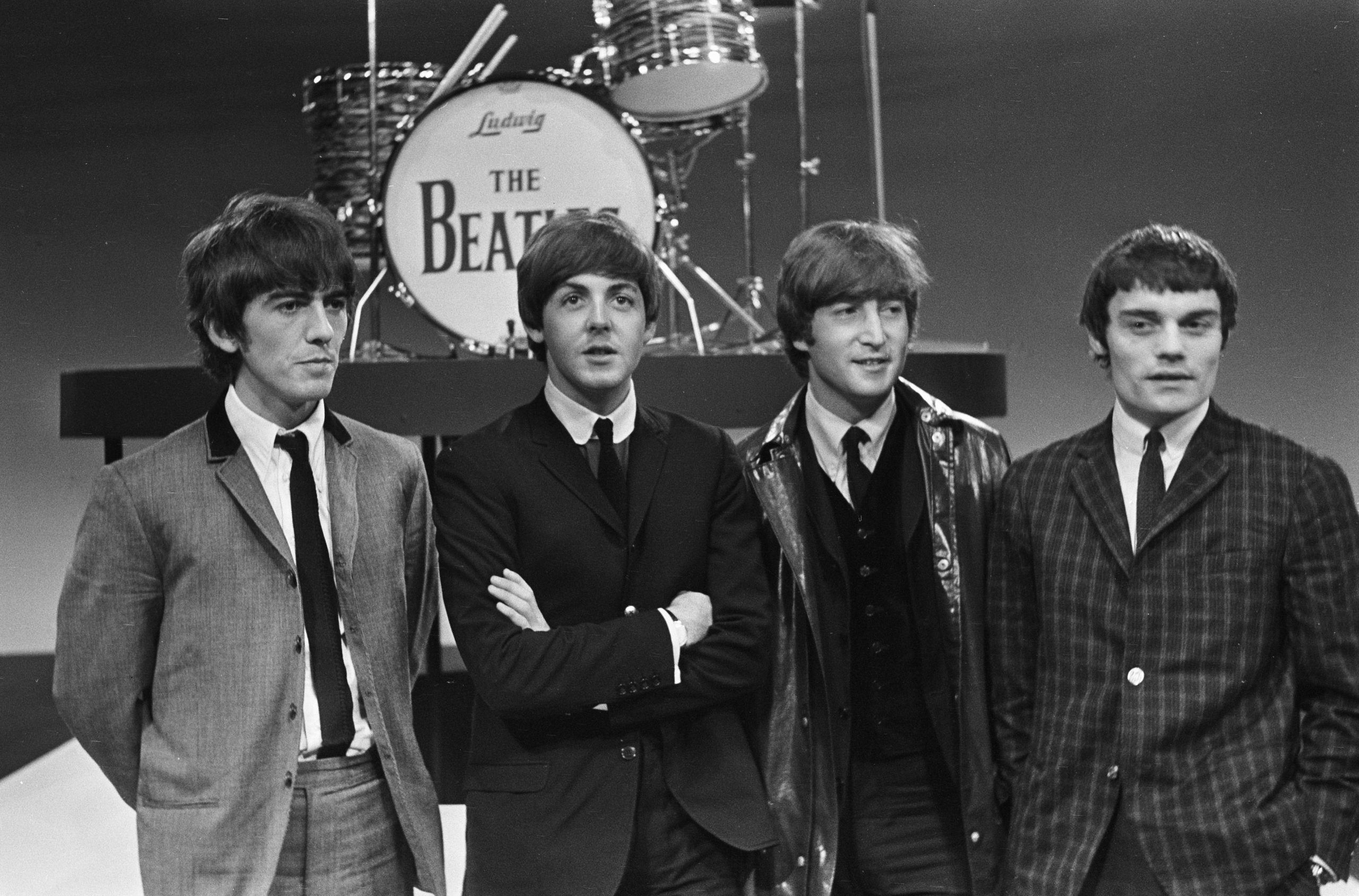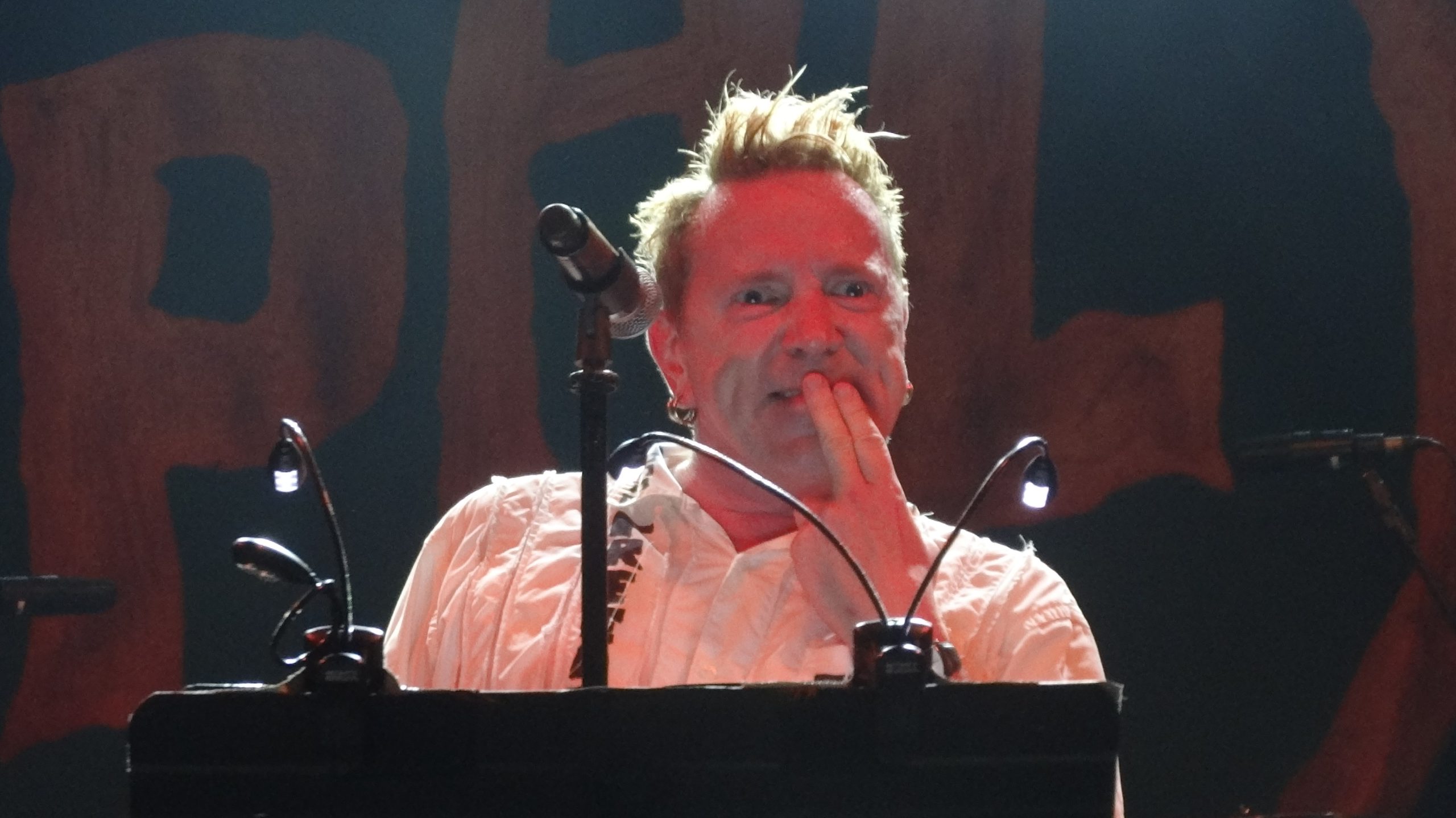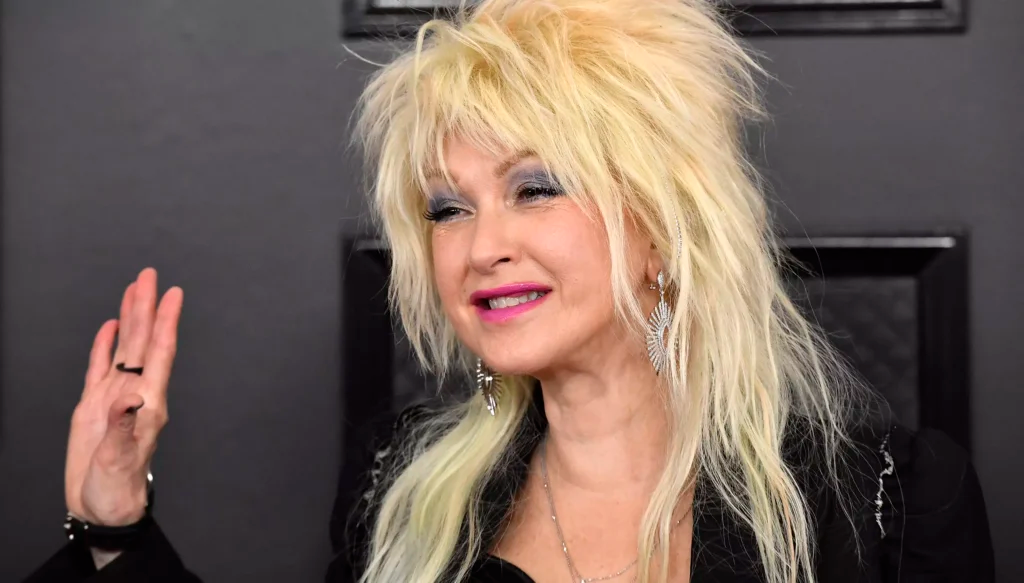Three years after Aaron Carter’s tragic death at 34, his story continues sparking crucial conversations about the entertainment industry’s responsibility to its youngest stars. The pop sensation who soundtracked countless millennial childhoods with “Aaron’s Party (Come Get It)” died November 5, 2022, in his Lancaster home—a loss that exposed the devastating intersection of early fame, mental health struggles, and systemic industry failures.
From Nine-Year-Old Sensation to Cultural Touchstone
Carter’s meteoric rise from childhood performer to teen pop icon defined an entire generation’s soundtrack.
Carter launched his career at nine with his 1997 self-titled debut, quickly becoming the little brother America adopted alongside Nick Carter’s Backstreet Boys fame. His breakthrough came with “Aaron’s Party (Come Get It)” in 2000, which sold over three million copies in the US and delivered infectious hits like “I Want Candy” that became sleepover staples and car ride anthems.
Beyond music, Carter appeared on Nickelodeon shows, “Lizzie McGuire,” and Broadway’s “Seussical,” establishing himself as multimedia entertainment before social media existed to amplify every misstep. He demonstrated versatility that few child performers achieve, successfully transitioning between television, theater, and recording while maintaining his core pop audience.
A Life Cut Short by Familiar Demons
Official findings reveal the tragic circumstances behind Carter’s accidental death.
The Los Angeles County Medical Examiner concluded Carter died accidentally, drowning in his bathtub due to effects of difluoroethane (aerosol propellant) and alprazolam. His housekeeper found him unresponsive at his Lancaster home, with emergency responders pronouncing him dead at 11:14 a.m.
Air canisters and prescription bottles were discovered throughout the residence, painting a stark picture of his final struggles. Carter had publicly battled addiction and mental health issues for years, enrolling in rehabilitation programs and candidly discussing his struggles on social media—transparency that highlighted both his vulnerability and the insufficient support systems surrounding former child stars.
The Pattern We Can’t Ignore
Carter’s death reflects broader industry failures in protecting young performers.
Like today’s generation of teen influencers, Carter navigated fame during a media transition period—growing up as traditional celebrity culture collided with emerging digital platforms. The entertainment industry‘s track record with child stars remains alarmingly consistent: early success followed by adult struggles with identity, mental health, and substance abuse.
Carter’s openness about these battles, including his September 2022 efforts to regain custody of his son and complete rehabilitation, demonstrated both personal growth and the ongoing challenges facing those who never experienced normal childhood development. His willingness to discuss these issues publicly became part of broader conversations about mental health awareness in the entertainment world.
Carter’s story demands industry accountability—not posthumous sympathy, but systemic changes protecting tomorrow’s young artists from repeating this preventable tragedy.


























